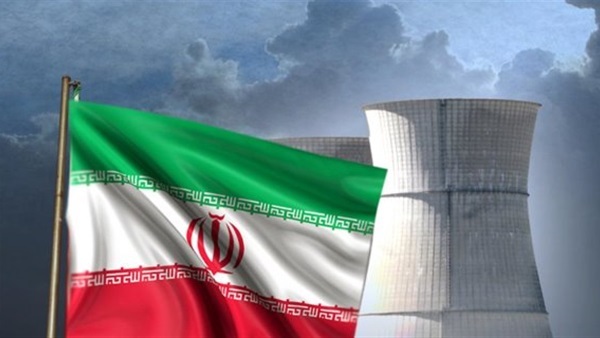Before nuclear deadline expires, "polite" European claims and "provocative" Iranian threats

In a demand that was not the first and will
not be the last, many European countries appealed to international
organizations to stop abuses by the mullahs regime because of its possession of
nuclear weapons, with the aim of preventing Iran from possessing this type of
weapon, and imposing restrictions on it to reduce its violations of the Iranian
nuclear agreement.
But on the other side it is dealing with these
demands - in a friendly and polite way so far - by making more threats to
demonstrate its nuclear power, and to avoid any sanctions that these countries
may seek to impose.
European and Arab warnings
This came in the context of the meeting of the
First Committee of the General Assembly of the United Nations at the
seventy-fourth session on Wednesday, 23 October; where representatives of
France, Switzerland and Singapore warned of the violation of the Iranian
mullahs regime of the nuclear agreement, demanding not to allow this regime to
possess nuclear weapons at all, and stressed the need that Iran's cooperation
with the IAEA is full as it should be.
Representatives of these countries have called
on the mullahs' regime to comply fully with this agreement and to stop actions
that violate its obligations under the nuclear agreement.
Negotiations have been called for to discuss
this matter, not only to impose long-term restrictions on Iran's nuclear
program but also because it violates Security Council resolutions.
There are European and Arab fears of the steps taken by the mullahs regime to develop its nuclear capabilities. Therefore, on October 16, representatives of Italy, Sweden and Kuwait took a stand against the Iranian regime during the session of the UN General Assembly. Its neighbors, confirmed their willingness to help launch initiatives to de-escalate the current situation and restore the correct status of the nuclear agreement.

Iranian threat
The European warnings to Iran were launched at this time because of the near-term expiration of the implementation of the fourth phase of the reduction of Tehran's nuclear obligations, of international importance, because it could lead to the withdrawal of Europeans from the nuclear agreement, if this step is primarily aimed at scaling up pressure on the Europeans.
This was confirmed by Iranian Foreign Minister Mohammad Javad Zarif on October 20 on the sidelines of the Conference on "Unilateralism and International Laws" held in Tehran, pointing out that Iran has not yet decided the nature of the fourth step to reduce nuclear obligations.
The Iranian minister added that his country would take the fourth step if the Europeans were unable to implement their commitments on time.

Pressure on Iran
In a statement to the Reference, Osama al-Hitimi, a writer specialized in Iranian affairs, said that the warnings issued by some European countries and others on Iran's nuclear program are consistent with international positions, since Washington withdrew from the agreement in May last year. He added that the Iranian government should take a similar step to demand the inevitability of Iran to abide by the terms of this agreement.
Al-Hitimi explained that these warnings are insofar as they try to avoid reaching this point, which represents the summit of crossing the red lines, but it is also trying to pressure Iran to accept the initiatives adopted by many mediators who have undertaken to calm the situation between Iran and the United States within the framework of intimidation and carrot approach.







